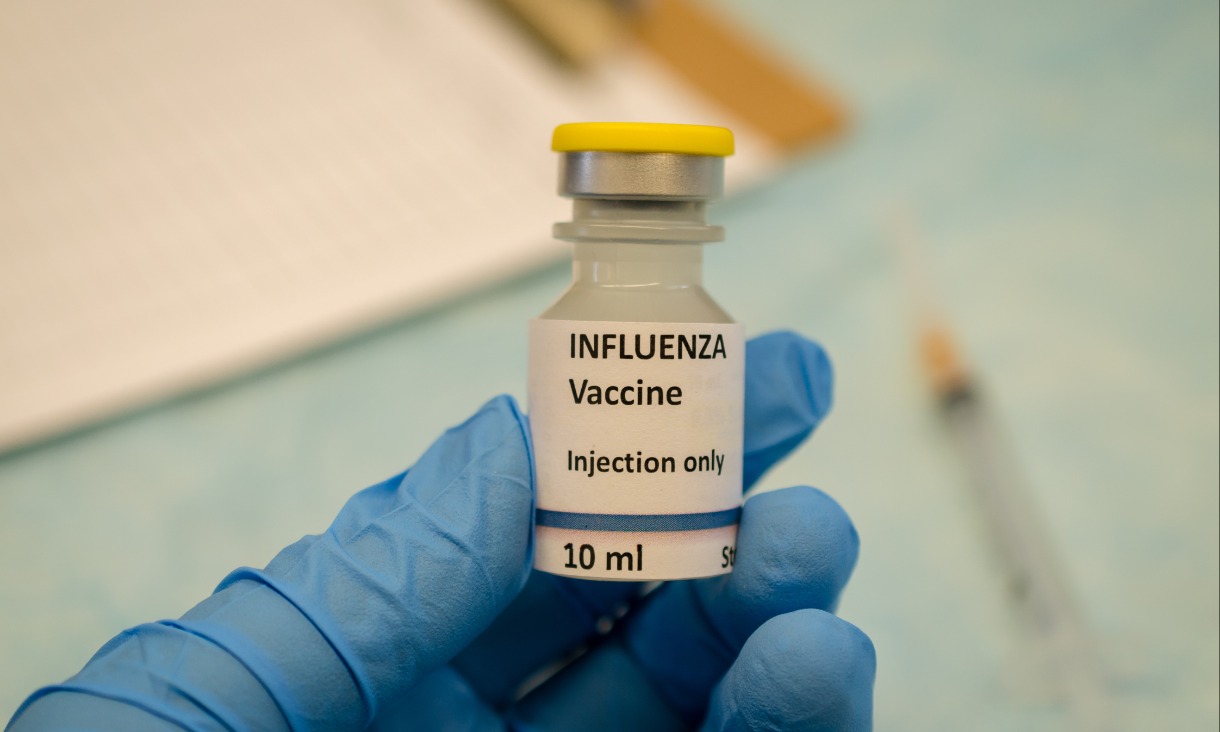Along with roadmaps out of lockdown comes the need for charting the way ahead for the nation’s mental health.
To begin addressing some of these major challenges, RMIT University experts from multiple disciplines have collaborated to produced five discussion papers to help focus efforts.
Here we've summarised each paper, but you can click on the links to read them in full.
Empowering older people to connect
The wisdom of age is highly regarded in most traditional cultures, yet the pandemic has exposed a dismaying indifference to older people in some quarters.
Many older people have been forced to isolate and emerging reports indicate they’re experiencing higher levels of depression and anxiety.
We need to assist older Australians to re-establish social connections in ways that will be most helpful to them, empowering them to share their experiences.
Download the full paper here.
Fighting stigma
Parallels exist between the stigma experience of people testing positive for HIV/AIDS and COVID-19, with implications for testing as well as access to timely care.
Stigma was one of the main drivers of the HIV crisis in the 1980s and 90s and a key obstacle to enacting effective health promotion and disease prevention.
Fear of COVID-19, its related restrictions and stigma is a key issue holding people back from getting tested and seeking help, undermining public health programs and contact tracing.
We need a whole-of-community approach to improve awareness of COVID-19 stigma, so people feel comfortable to come forward for testing and support.
Download the full paper here.
Prioritising care for ourselves and each other
Our capacity for self-care and collective care across communities will determine how we recover as individuals and as a nation.
Health and social care sectors need more funding and resources so they can better assist in Australia’s recovery.
If Australia fails to develop capacity and pathways for care and recovery from this pandemic and its associated disruptions, it could adversely affect outcomes for generations.
Download the full paper here.
Helping students learn remotely
This period of prolonged remote learning could create fundamental shifts in how we think about tertiary education.
Research shows that good lesson design, the right types of feedback and encouraging learners to connect with each other helps student engagement and wellbeing.
These and other research-backed strategies are needed in online learning contexts and can underpin new hybrid models that integrate the best of online and on-campus learning.
Download the full paper here.
Promoting resilience in our shared online minds
‘Infodemic’ has been used to describe the fast spread of COVID-19 misinformation, which can have devastating impacts.
For example, the Iranian Government reported that over 700 alcohol poisoning deaths could be linked to baseless social media posts that suggested alcohol builds immunity against COVID-19.
The way we process this information sparks different emotional reactions in us. People with mental health conditions, such as anxiety and depression, may be uniquely reactive to misinformation about a global health crisis.
We need more research on how health misinformation could trigger anxiety and depression, as well as its impact on behaviours like avoiding necessary medical treatment for fear of infection, and how we can mitigate these risks.
Download the full paper here.
RMIT’s post-COVID-19 restart initiatives
Along with harnessing existing research networks and projects to respond to COVID-19, RMIT’s Enabling Capability Platforms (ECPs) launched five cross-platform initiatives in June 2020 to address various key areas for post-COVID-19 recovery.
Biomedical and Health Innovation ECP Director, Professor Magdalena Plebanski, along with Associate Professor Keely Macarow from RMIT’s School of Art, coordinated the mental health discussion papers as part of the Healthier Start initiative.
Plebanski said the work reflected that while the pandemic has impacted everyone, its effects on mental health have not been universal and the road to recovery has no one answer.
“Our experts have painted a comprehensive picture of the pandemic’s affects and what Australia’s post-COVID recovery should entail,” she said.
“The papers address everything from digital engagement and the need for information, to the unique mental health recovery challenges experienced in the community,” she said.
Story: Michael Quin




